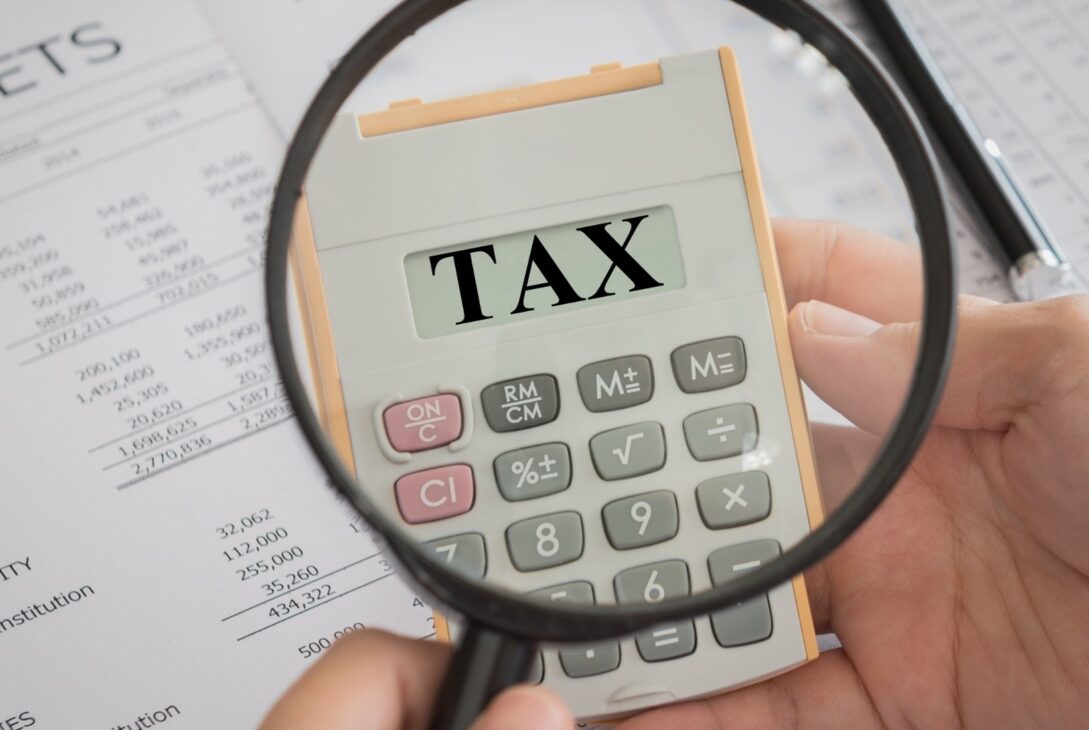One of the most powerful tools to help real estate investors defer capital gains taxes on the sale of investments, is the 1031 exchange, governed by section 1031 of the Internal Revenue Code. However, navigating the nuances of 1031 exchanges, especially in a a state like California with its own unique rules and regulations, can be challenging.
I’ll start with an example. Several years ago, Sarah purchased a $2.5 million dollar commercial property, which has since appreciated to $5 million. Over the years, she has claimed depreciation deductions on the property, reducing it’s adjusted basis to $1 million. Now she’s considering selling to cash in on the gain in value, however it could mean significant capital gains taxes.
As tax pros know, Federal capital gains tax rates on real estate can be as high as 20%, and California imposes its own state capital gains tax rates, which can be as high as 13.3%.
Sarah has identified a like-kind replacement property—a retail shopping center— with a purchase price of $6.5 million. By structuring the transaction as a 1031 exchange, Sarah can defer paying capital gains taxes on the $1 million gain from the sale of her office building. Instead of immediately realizing the gain and paying taxes, she can reinvest the entire $2.5 million proceeds from the sale into the purchase of the replacement property.
Understanding 1031 Exchanges:
The first rule of a 1031 exchange, is that is has to be a “like-kind” exchange, meaning they are similar in nature or character. Keep in mind, the definition of like-kind can be rather fluid. For example, Sarah plans to exchange her commercial office building for a shopping center. The Zane Widdes group once facilitated the exchange of a property with cell tower leases, for a small apartment building. It can be confusing. For more details about this, be sure to contact me.
Key Nuances in California:
While federal guidelines govern the basics of 1031 exchanges, California imposes its own set of rules and considerations. Here are some key nuances to be aware of:
State Capital Gains Taxes: California imposes its own capital gains tax rates, which can significantly impact the overall tax implications of a 1031 exchange. While a 1031 exchange can defer federal capital gains taxes, it does not exempt taxpayers from California state capital gains taxes. However, by utilizing a 1031 exchange, taxpayers can defer these state taxes until a later date.
Qualified Intermediaries (QIs): In California, as in other states, taxpayers must use a qualified intermediary to facilitate a 1031 exchange. A QI is a neutral third party responsible for holding the proceeds from the sale of the relinquished property and facilitating the acquisition of the replacement property. It’s crucial to ensure that the QI chosen complies with both federal and state regulations.
California’s Treatment of Depreciation Recapture: Depreciation recapture occurs when the sale price of a property is higher than its adjusted basis, resulting in potential tax liabilities. In California, depreciation recapture is subject to state income tax rates, which can further complicate the tax implications of a 1031 exchange.
Exchanging Out-of-State Property: Taxpayers in California may own property located outside the state that they wish to exchange through a 1031 exchange. It’s essential to understand how California treats out-of-state exchanges, as the state may still impose taxes on any gains realized from the sale of these properties.
Navigating the nuances of 1031 exchanges in California requires a thorough understanding of both federal and state tax regulations. As tax professionals, it’s crucial to stay informed about the latest developments and updates in this area to best serve your clients. By understanding the intricacies of 1031 exchanges in California, you can help your clients maximize tax savings and navigate the process with confidence.


